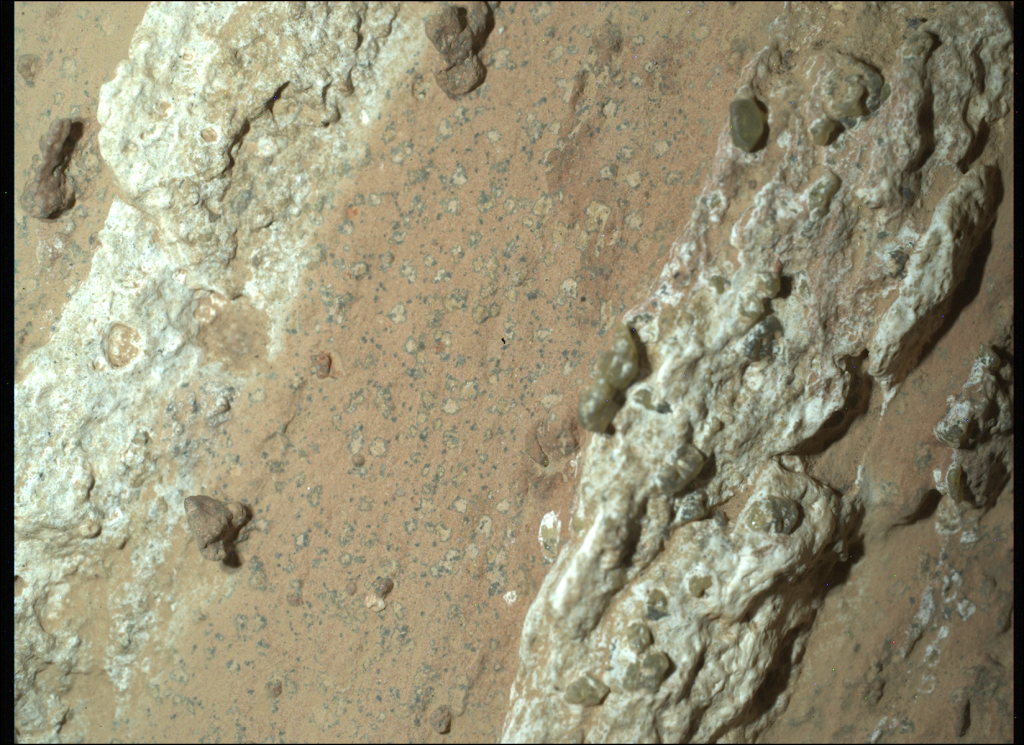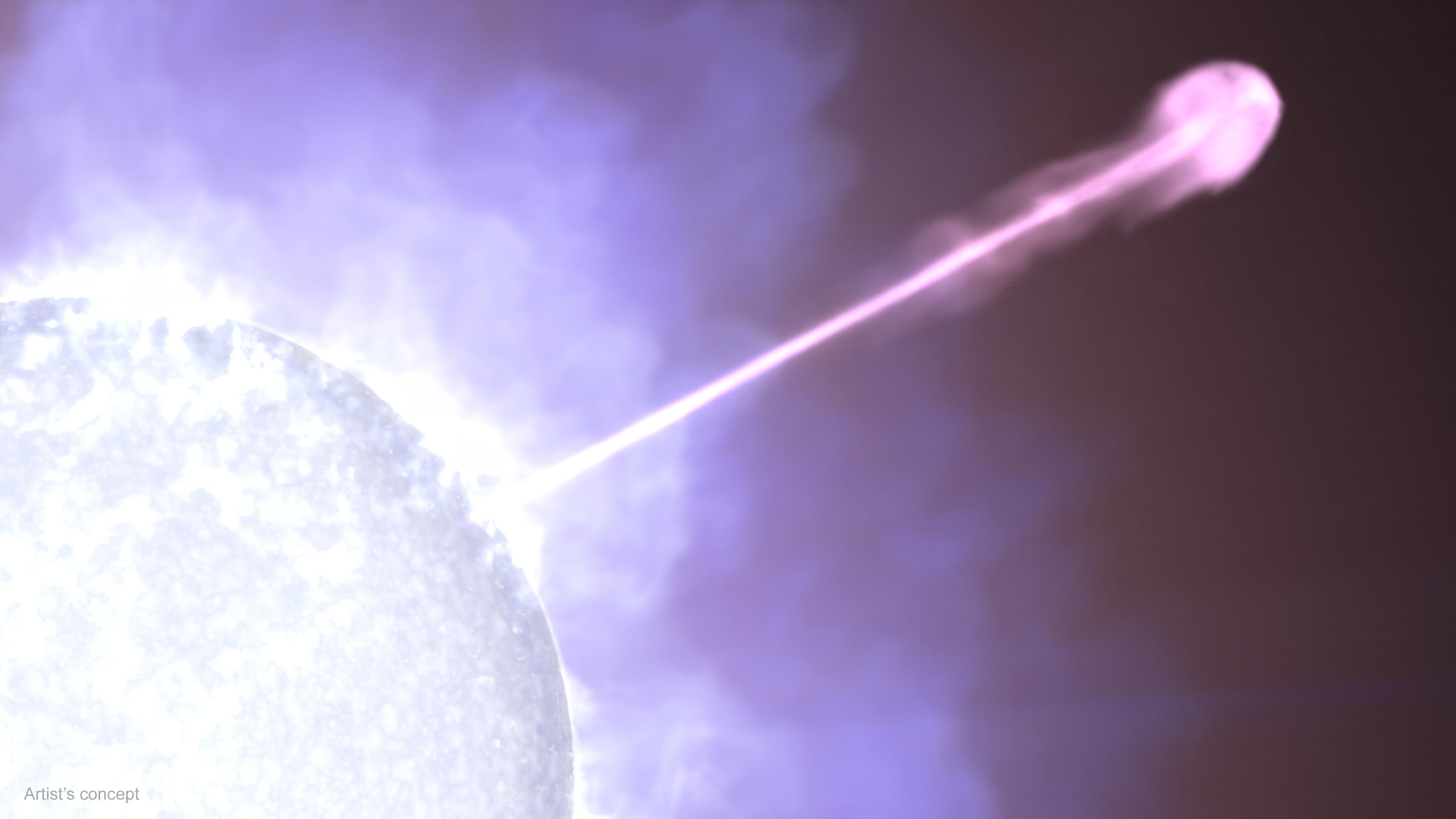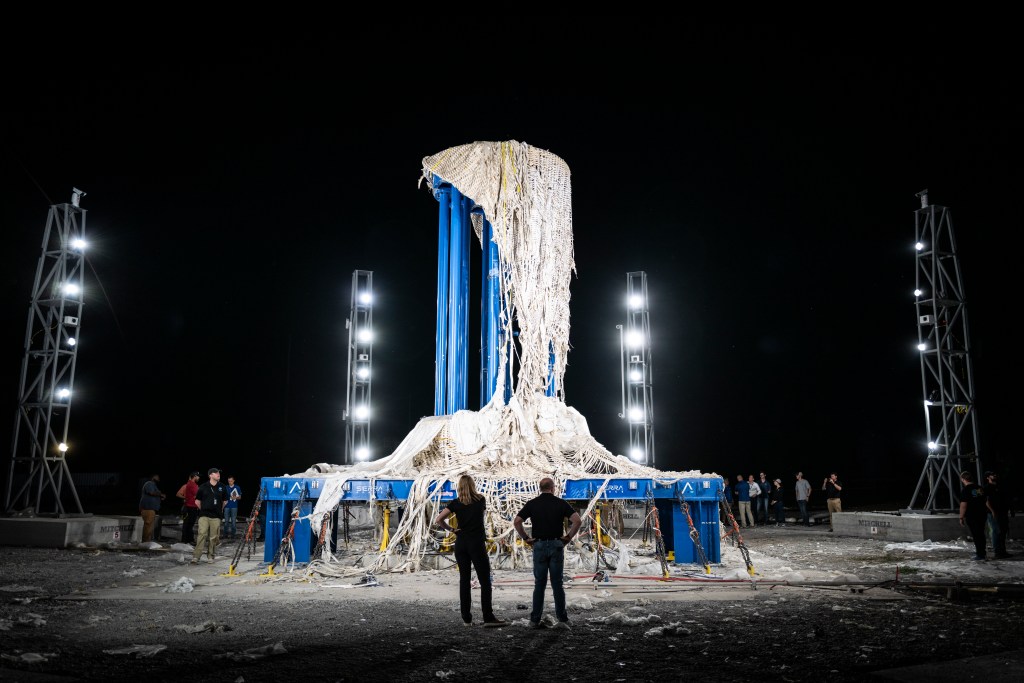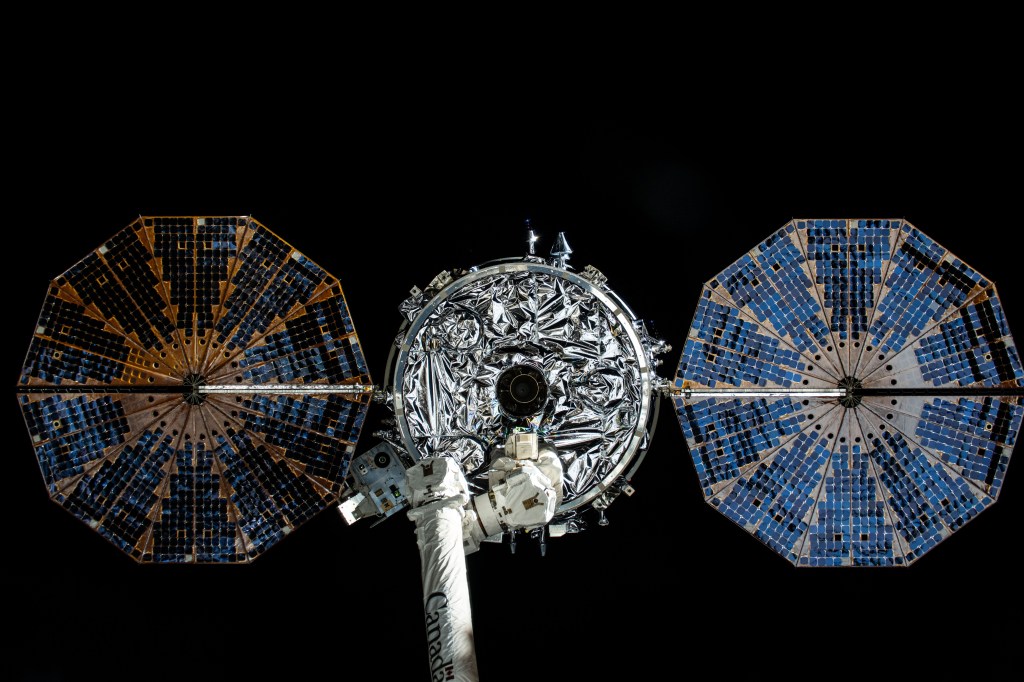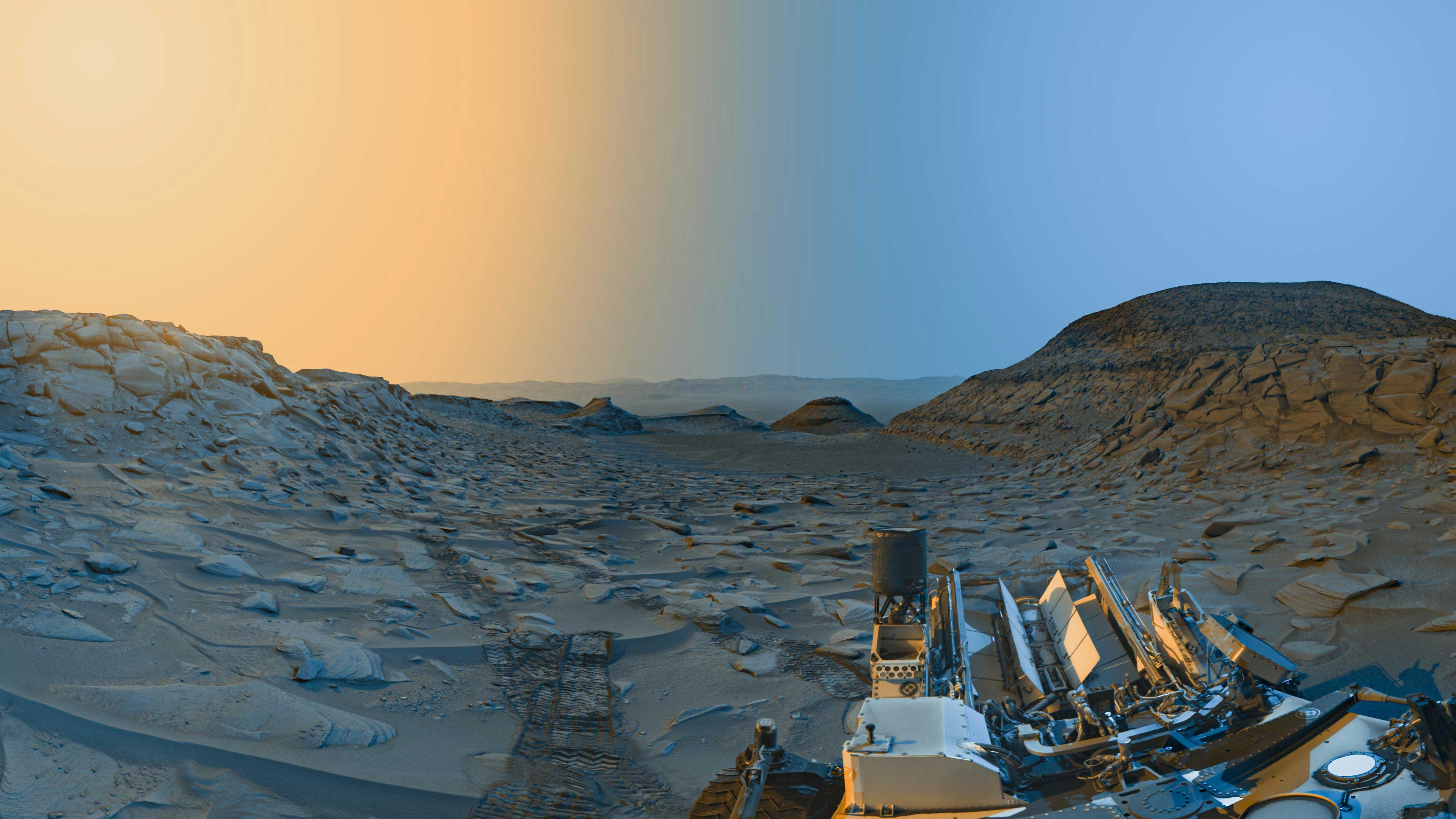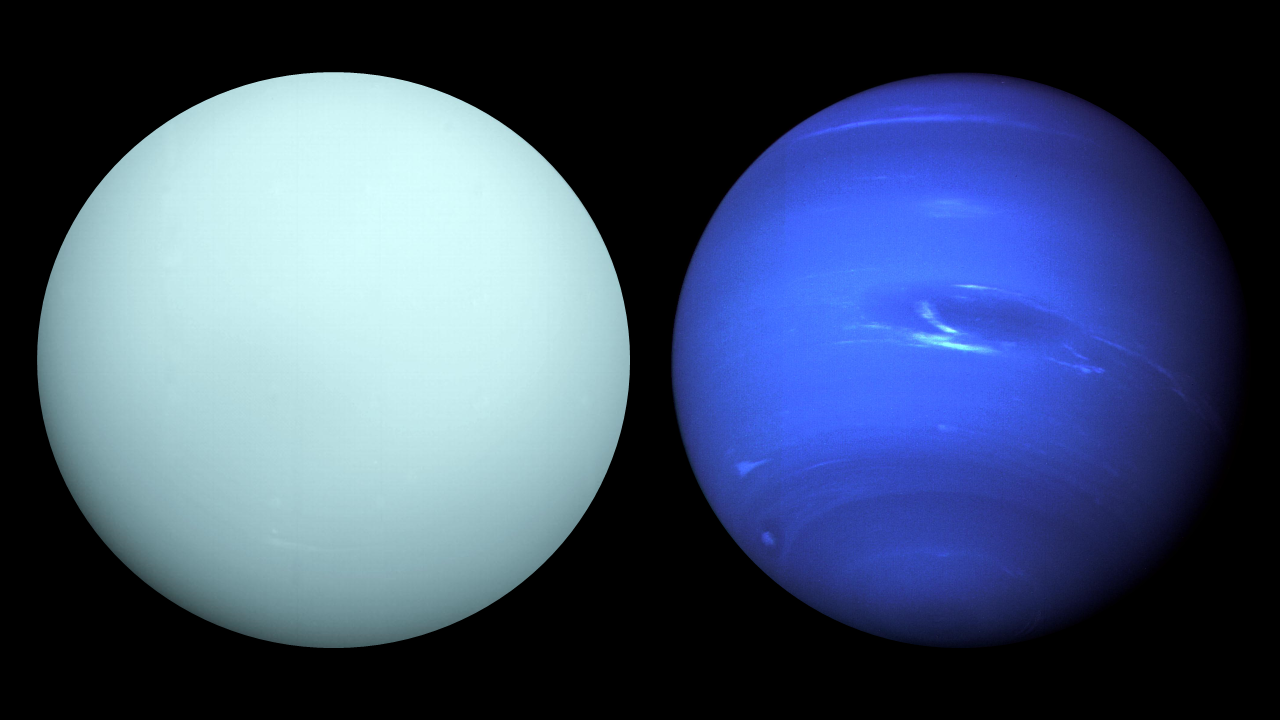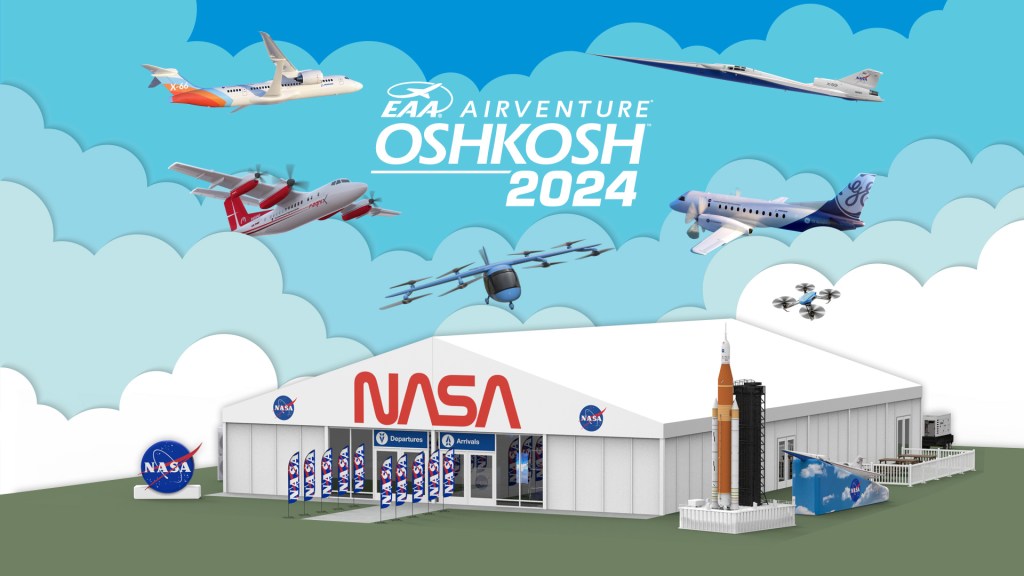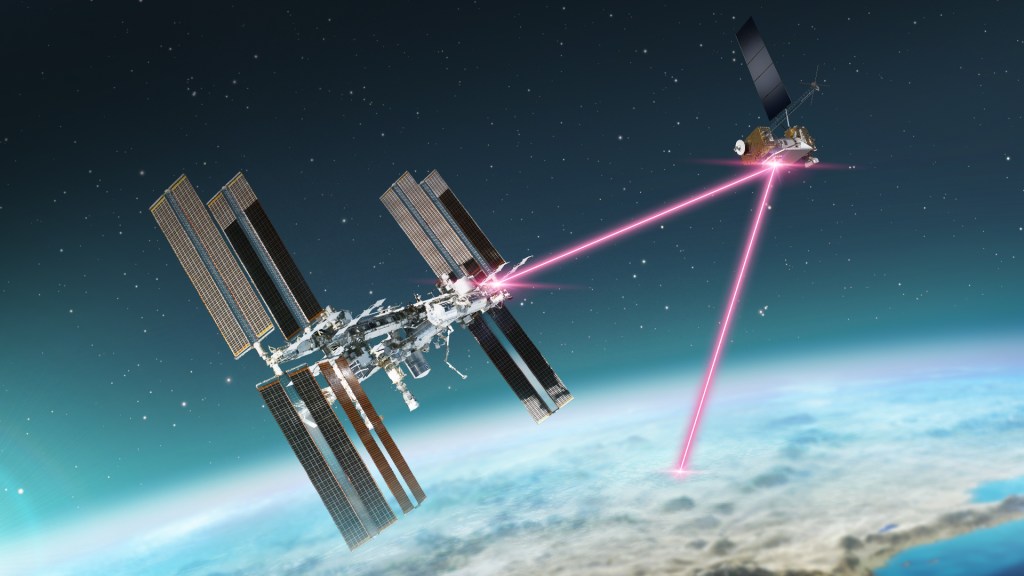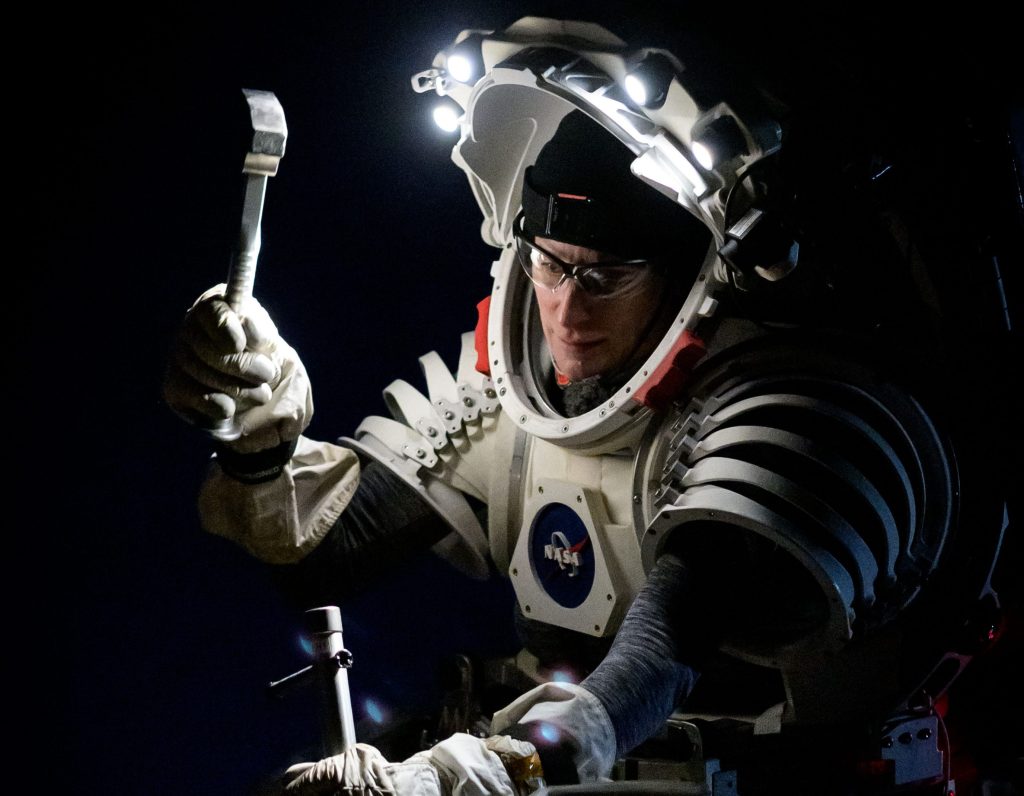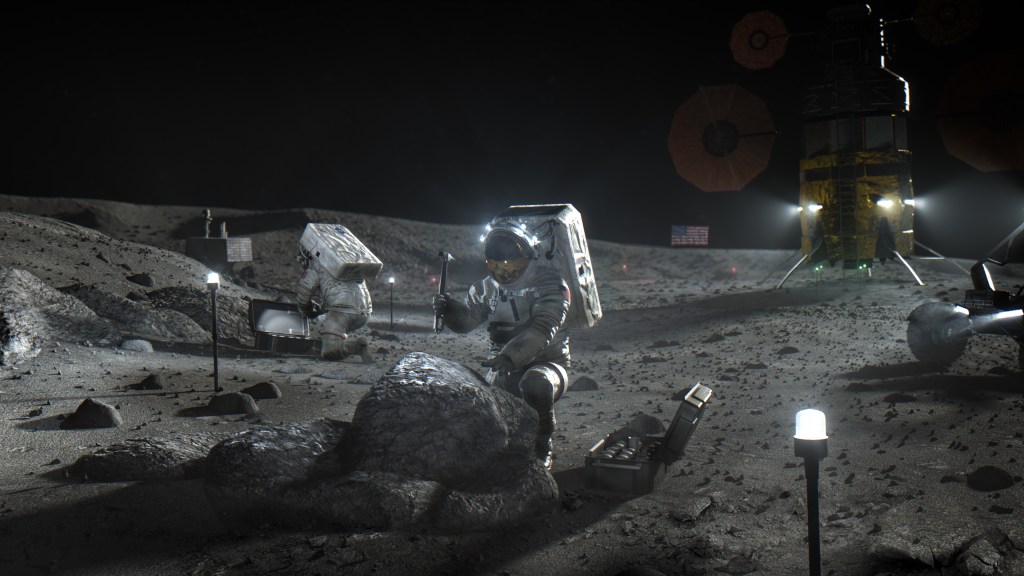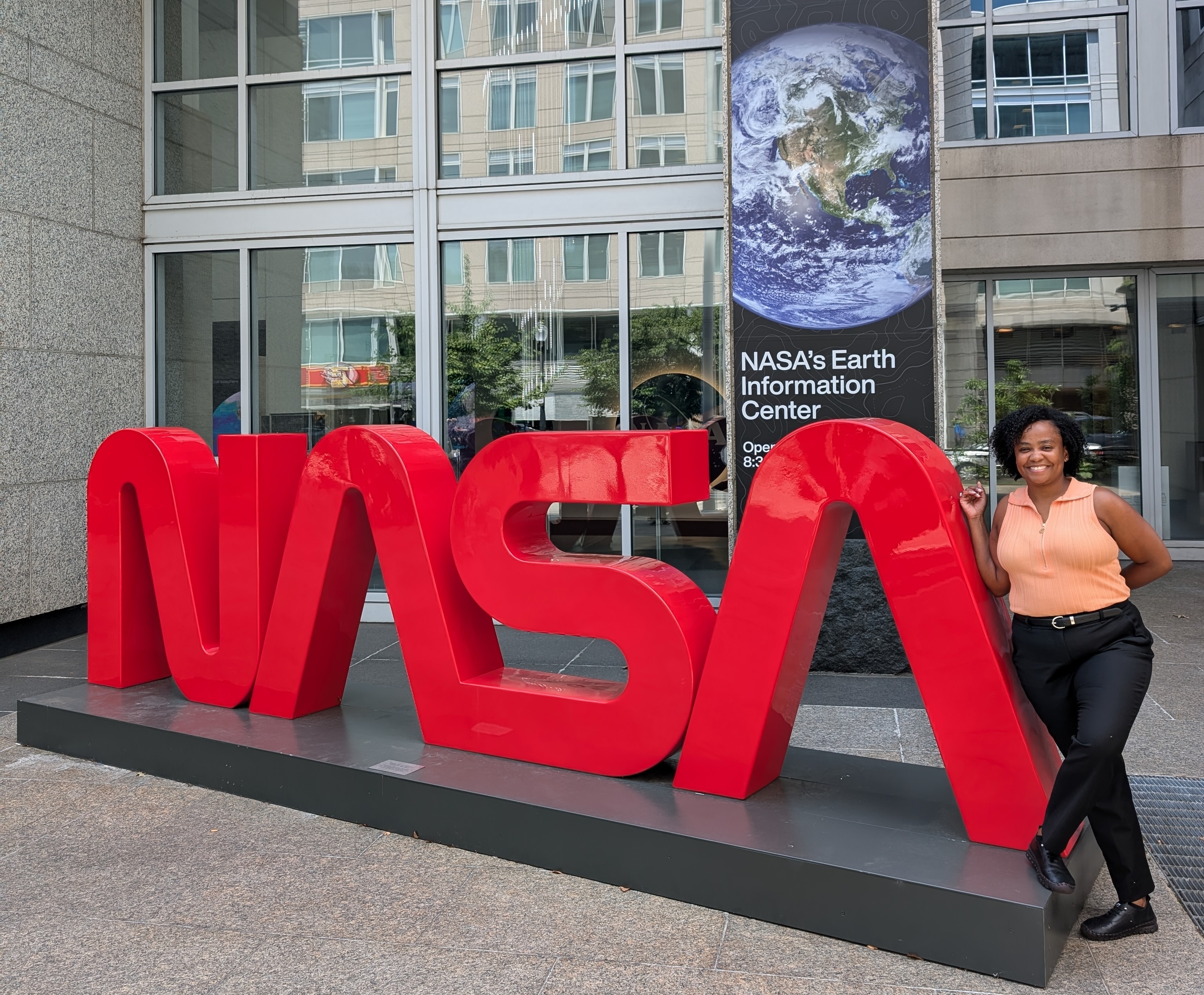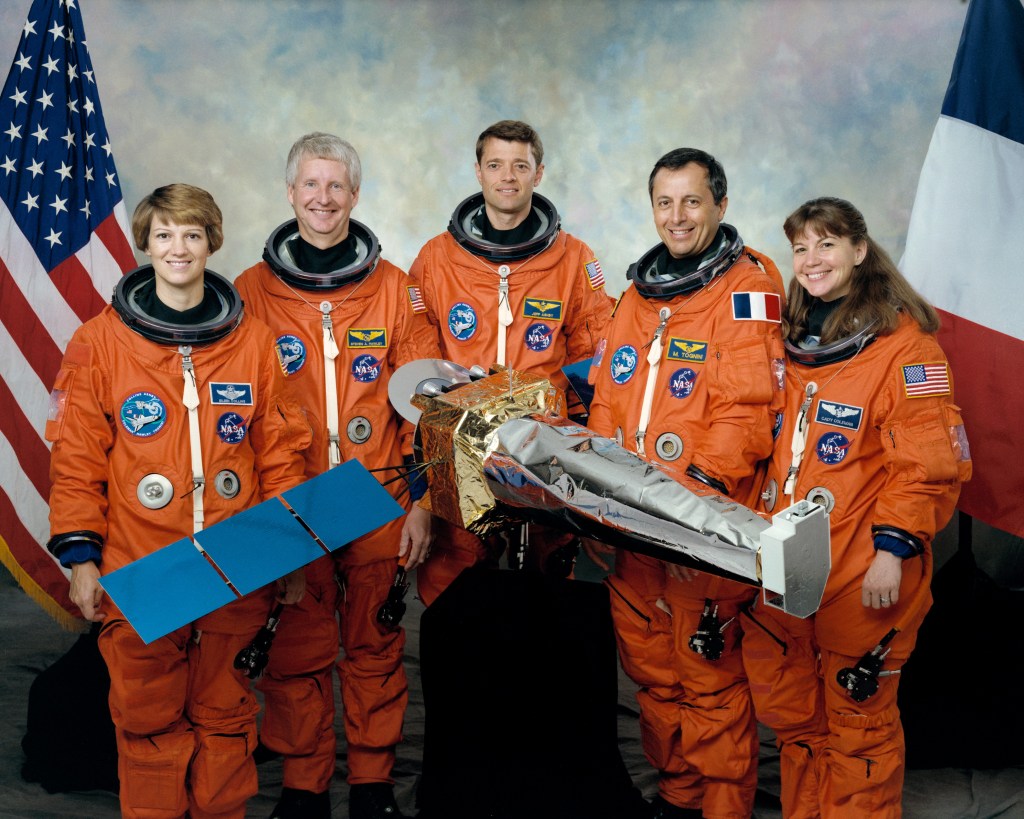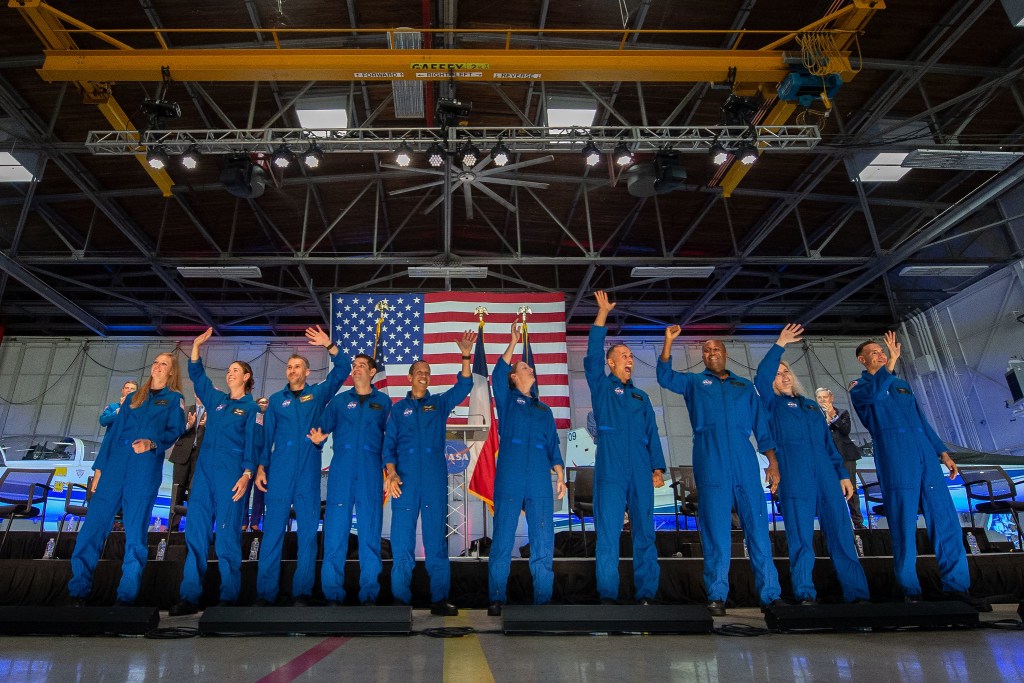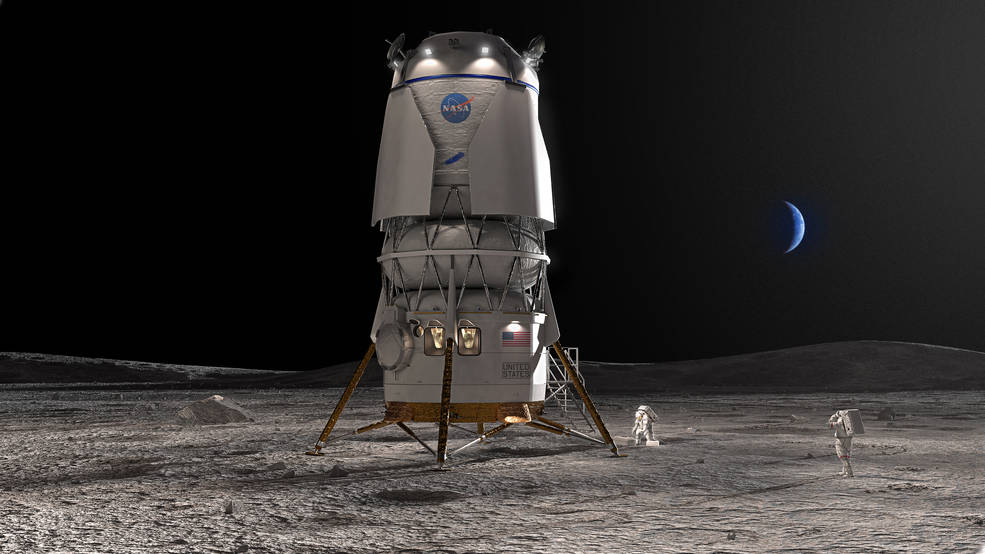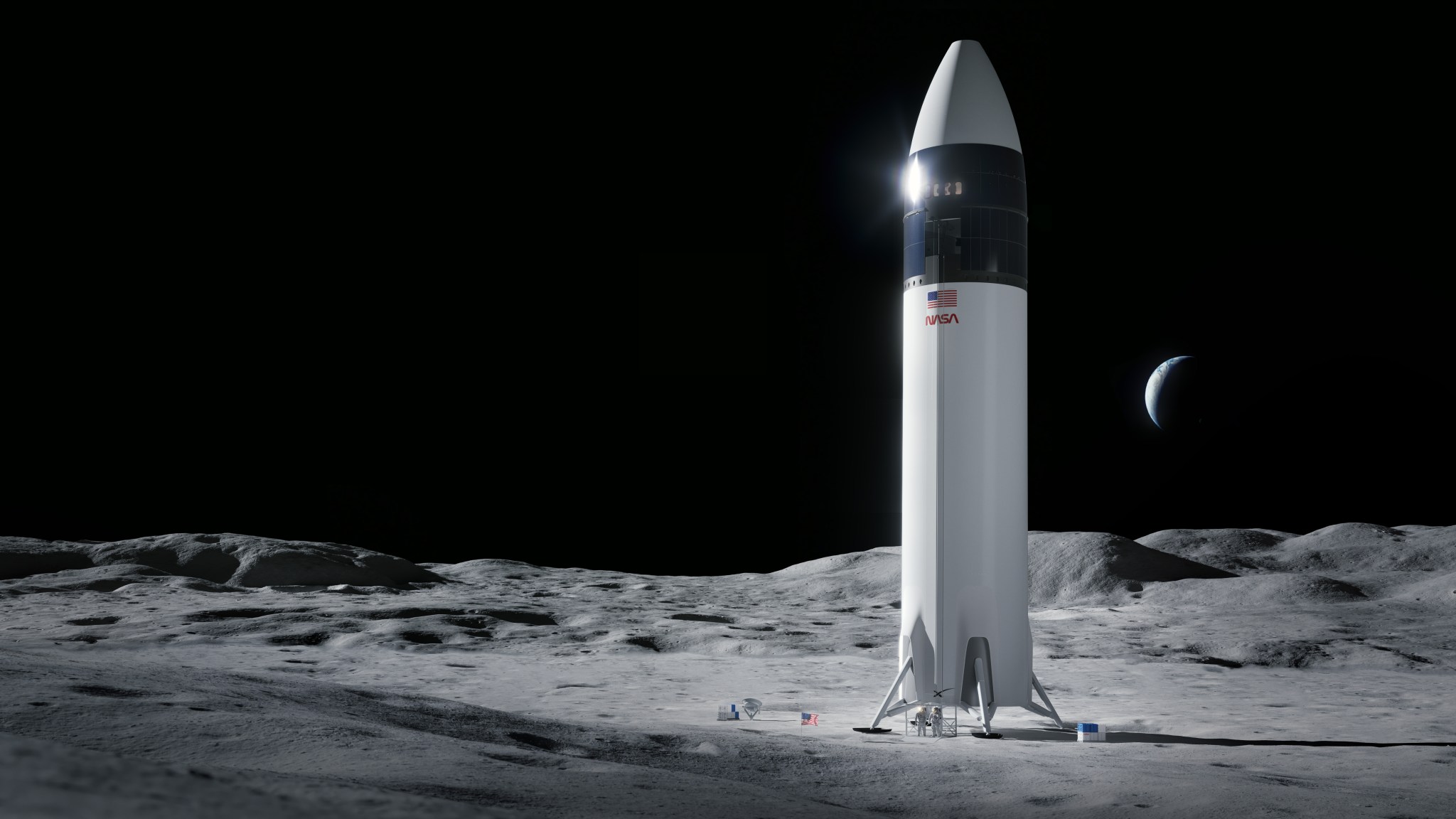Ride to the Moon
Human Landing Systems
NASA’s commercial providers, Blue Origin and SpaceX, are building the human landing systems that will carry Artemis astronauts to the lunar surface and back to lunar orbit for their ride home to Earth aboard Orion.
Blue Moon Lander
NASA is working with a Blue Origin-led team to deliver astronauts to the lunar surface on Artemis V. The team will perform an uncrewed demonstration mission prior to the crewed Artemis V mission.
The team consists of Blue Origin’s Blue Moon lander and Lockheed Martin’s Cislunar Transporter as well as:
- Draper – guidance software and analysis on the lander; pilot simulator and training system
- Boeing – docking adapter for the integrated lander; engineering design; mission support operations
- Astrobotic – cargo accommodation system; landing sensor maturation; mission operations
- Honeybee Robotics – motion control systems and robotics
Starship Lander
NASA is working with SpaceX to develop its Starship human landing system for use on Artemis III—the mission that will put the next two Americans on the surface of the Moon—and Artemis IV, which meets an extended set of requirements such as docking with Gateway for crew transfer, more mass to the surface, and longer mission durations. SpaceX will perform an uncrewed demonstration mission prior to the crewed Artemis III mission, followed by the Artemis IV mission.
The Starship HLS leans on SpaceX’s tested Raptor engines and flight heritage of the Falcon and Dragon vehicles, and includes a spacious cabin and two airlocks for astronaut moonwalks.


